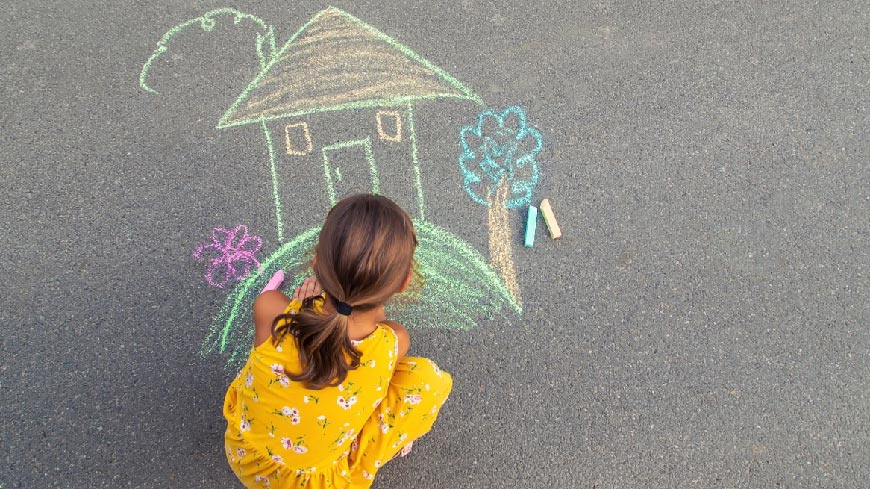Ahead of the European Day on the Protection of Children against Sexual Exploitation and Sexual Abuse marked on 18 November, Council of Europe Secretary General Marija Pejčinović Burić and Iceland’s Minister for Foreign Affairs and Chair of the Committee of Ministers of the Council of Europe, Þórdís Kolbrún Reykfjörð Gylfadóttir, have underlined the need to ensure child-friendly justice for child victims of sexual abuse and exploitation through developing Barnahus (Children’s House) structures in Europe.
Barnahus (Children’s House) is the leading European response model for child sexual abuse that coordinates parallel criminal and child welfare investigations, brings all relevant services under one roof, and thus helps avoid revictimisation of the child.
“When something goes wrong – so often beyond the child’s control – children need the support not of a faceless and fragmented state, but of a kind, coordinated and personal care that does not frighten, intimidate or alienate them, that does not make them feel like a victim all over again. And the Barnahus model has proven to be an effective justice response that fits the bill,” Secretary General Marija Pejčinović Burić said. “In our newly launched Rome Strategy for the Rights of the Child 2022-2027, we have made it clear that we will continue to prioritise this model.”
The Barnahus model was first launched in Europe in Iceland in 1998. In 2015, the Council of Europe’s Committee of the parties to the convention on the protection of children against sexual exploitation and sexual abuse (Lanzarote Convention) has recognised the model as a promising practice, and since then, the Council of Europe has been supporting its member states in adapting and using it. With the Council of Europe and EU support, the first Children’s House facility was opened in May 2022 in Slovenia. Similar joint projects in Finland, Ireland and Spain are ongoing.
“The challenge is to ensure that there is a shared understanding of what the Barnahus is and how it should be run, in line with international human rights standards. To respond to this challenge, the Council of Europe’s Steering Committee for the Rights of the Child, with the support of Iceland, is currently developing a mapping of the existing Barnahus-type services across the continent”, the Secretary General noted.
Iceland’s Minister for Foreign Affairs and Chair of the Committee of Ministers of the Council of Europe, Þórdís Kolbrún Reykfjörð Gylfadóttir, said:
“Iceland is truly proud to have pioneered the concept of Barnahus, which has been successfully exported to other European countries for almost a quarter of a century. Every child has the right to grow to adulthood in health, safety, peace and dignity, and it is imperative for all states to safeguard their rights. This is why Iceland has made the rights of children and young people a priority of its Presidency of the Council of Europe.”
“In this context, we are pleased to endorse the statement initiated by Andorra, Belgium, Monaco, San Marino, and Slovenia, and joined by 40 other member states of the Council of Europe and Mexico, supporting the implementation of the Barnahus model in Europe,” Committee of Ministers Chair concluded.


